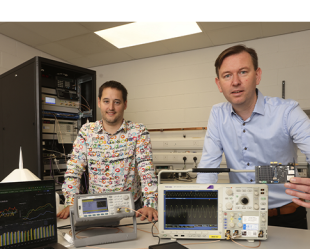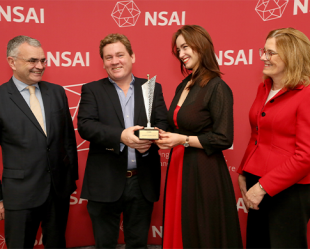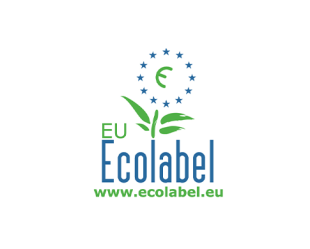November 4-6, 2015 | NSAI at the Grand Hotel Malahide hosted Plenary and Working Group meetings of CEN/TC 391 – Societal and Citizen Security, and participated in the European Security Research 2015 Workshop held in conjunction.
NSAI, as the Irish Member of CEN, the European Committee for Standardization, hosted Plenary and Working Group meetings in Malahide on November 5-6 of CEN/TC 391 – Societal and Citizen Security. The Plenary meeting considered reports of and made decisions relating to the work programmes of the three Working Groups, dealing respectively with Healthcare Facilities, CBRNE (Chemical, Biological, Radiological, Nuclear, Explosive [attacks]), and Crisis Management.
The area of societal and citizen security has become an increasingly important one for standardizers dealing with offsetting the types of threats to which modern society can be subject and ensuring the appropriate responses in the event of attack so as to minimize negative effects and facilitate business continuity. Technical committees have been established in both ISO and CEN to cover the area. CEN/TC 391 is concerned with producing ENs and other guidance documents for the sector, covering in its scope aspects of prevention, response, mitigation, continuity and recovery before, during, and after a destabilizing or disruptive event.
Recognizing the importance of this area, and having regard to Irish interests, especially a number of projects under H2020 involving industry and academic participants, NSAI in September 2014 formed an Interest Group to mirror this CEN work (and also ISO work now under ISO/TC 292 – Security and resilience).
European Security Research 2015 Workshop
Pictured (r) ESR 2015 Workshop in Malahide
In conjunction with the hosting NSAI was involved in arranging and participated in the European Security Research 2015 Workshop, which was held over the period and entailed a one-day formal seminar together with theatre presentations, an exhibition of projects, and world café cross-fertilization sessions. The seminar comprised four themes, relating to European results on strengthening crisis and emergency response; a road map for European standardization; cyber security; and future perspective for big data applications. Theatre presentations covered emergency and crisis management; IT security and knowledge modelling; security research; and perspectives on security management.
The exhibition included the following research projects within the European Commission’s H2020 research programme with Irish participation:
- COBACORE - COmmunity BAsed COmprehensive Recovery;
- DESTRIERO - A DEcision Support Tool for Reconstruction and recovery and for the IntEroperability of international Relief units in case Of complex crises situations, including CBRN contamination risks;
- S-HELP - Securing Health. Emergency. Learning. Planning – Development of Decision Support Tools for Improving Preparedness and Response of Health Services Involved in Emergency Situations; and
- SECTOR - which addresses the area of a secure European common information space for interoperability of first responders and police authorities.
World café sessions covered security in healthcare; standardization priorities; breaking down the 'silos'; taxonomy and data exchange; big data and standardization; identification of priorities in decision-making in crisis and emergency response; and cyber incident-management toolkit for SMEs.
Contact us
Further details are available from Dr. Ian Cowan | NSAI Standards | (01) 807 3876
S&CS/IG Convener: Mr. Tom Flynn, TFC Research & Innovation Limited



